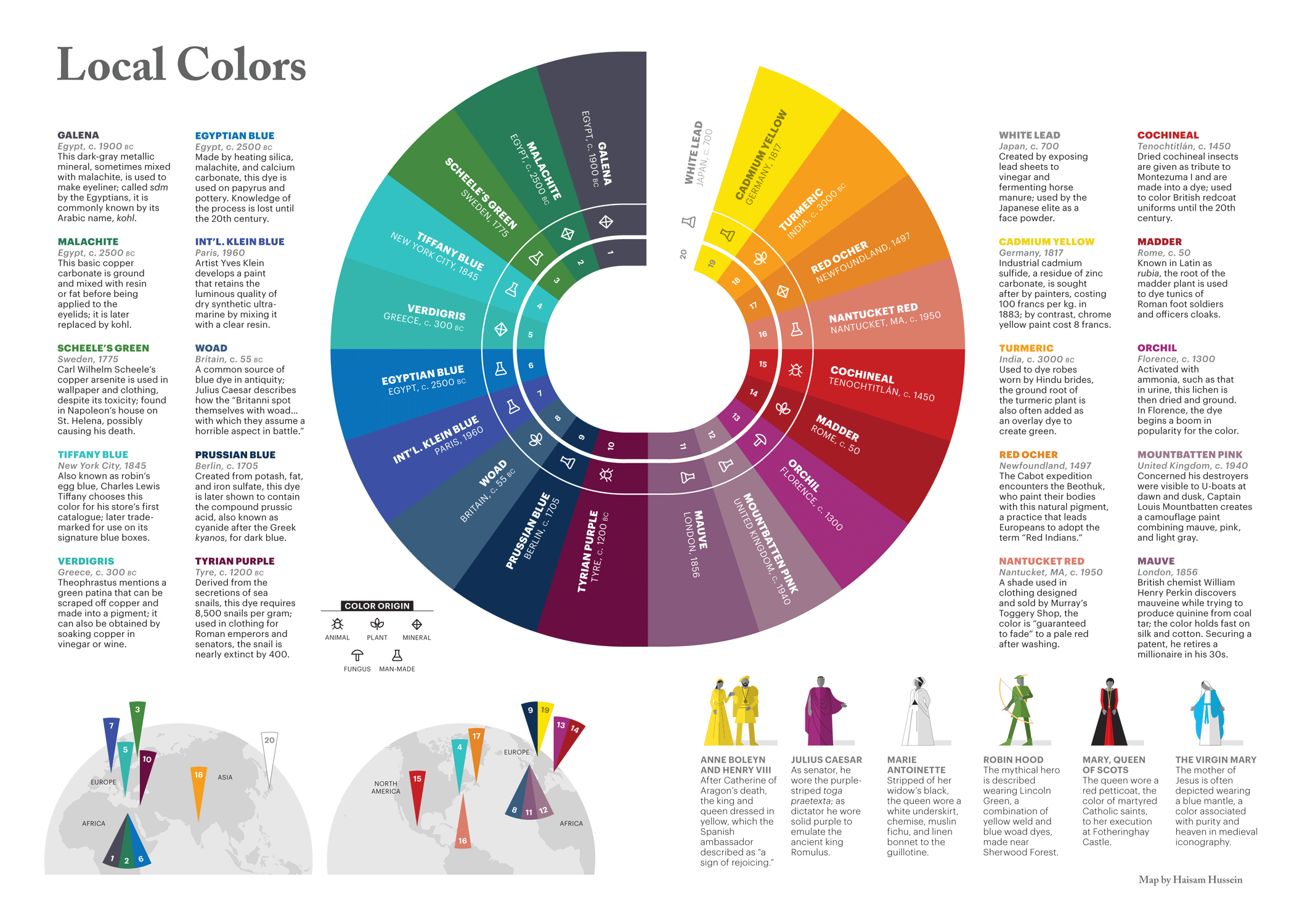Canine research is transforming our understanding of the deep bond between humans and dogs, as scientists delve into areas such as empathy, cognition, and behavior. At Harvard, leading researchers like Erin Hecht are using innovative methods to study canine cognition, uncovering the remarkable ways dogs interpret human emotions. Fascinating studies, including those spearheaded by Hecht, reveal insights into the workings of a dog’s mind, much like the dog empathy study that highlights their emotional intelligence. Additionally, the collaboration between noted photographer Elias Weiss Friedman and scientists emphasizes the importance of the human-canine bond in shaping community connections and individual well-being. Together, their work at the intersection of science and art offers a unique glimpse into the lives of our four-legged companions and their place in our hearts.
Research on dogs has become a vibrant field, shedding light on the intricate relationships between pets and their owners. This exploration of the canine world encompasses various aspects, including how dogs perceive their surroundings and engage with humans. Notable studies, such as those led by researchers at prestigious institutions, highlight the significant effects of dogs on human socialization and emotional support. Through state-of-the-art approaches, scientists are unraveling the complexities of canine behavior and intelligence, often focusing on the rich dynamics of the human-pet relationship. With a growing interest in how dogs enhance our lives, this research is crucial for both pet owners and enthusiasts alike.
The Fascinating World of Canine Cognition
Understanding canine cognition is a burgeoning field of study that bridges the gap between scientific research and the everyday experiences of dog owners. Researchers like Erin Hecht at Harvard are delving into complex aspects of how dogs think, feel, and interact with humans, ultimately enhancing our knowledge of the human-canine bond. Through innovative approaches like MRI scans, scientists can visualize a dog’s brain activity, leading to insightful revelations about their emotional responses and cognitive abilities.
In studying canine cognition, terms like empathy and socialization become central. As demonstrated in experiments, dogs exhibit a remarkable capacity for empathy, responding to human emotions with sensitivity and care. This connection not only emphasizes their role as companions but also underscores the evolutionary history that has shaped dogs into beings that thrive on human connection, making them essential members of our social fabric.
Insights from Harvard’s Dog Empathy Study
The dog empathy study undertaken by researchers at Harvard has illuminated many facets of how dogs perceive and react to human emotions. By engaging in dynamic experiments, including monitoring dogs’ reactions to simulated injury or distress, researchers can glean insights into the instinctual responses of dogs. These findings challenge traditional notions about animal behavior and reaffirm the depth of the bond shared between humans and dogs.
As Erin Hecht notes, the outcomes of these studies vary among individual dogs, showcasing a spectrum of empathy responses. Some dogs may prioritize their caregivers, while others exhibit adaptive behaviors that point to their unique coping mechanisms. Understanding these variations can potentially inform training strategies and therapeutic approaches for dogs, especially those recovering from trauma. Hence, the dog empathy study serves not only as a key component of canine research but also highlights the importance of nuanced human-canine interactions.
Exploring the Human-Canine Bond Through Photography
Elias Weiss Friedman, the mastermind behind ‘The Dogist’, showcases how dogs express their emotions through candid photography. His work speaks volumes about the authenticity captured in each image, reflecting the complex relationships dogs establish with humans. Each photo tells a story, not just of the dog, but of shared moments between the animal and its owner, which resonates deeply with anyone familiar with the joys and challenges of dog ownership.
Through photography, Friedman emphasizes not only the beauty of dogs but also their integral role in our social lives. The relationships built through shared experiences while walking or playing with dogs foster community and connection among individuals. This visual documentation adds a layer of intimacy to understanding the human-canine bond, offering an emotional window through which we can appreciate the unfiltered joy and companionship our dogs bring into our lives.
The Role of Dogs in Facilitating Social Connections
Dogs serve as more than just pets; they are catalysts for social interaction and community building. Both Friedman and Hecht note that owning a dog significantly alters social dynamics, often leading to spontaneous encounters and new friendships. As Friedman aptly describes, ‘Before you get a dog you know your neighbor, and after you get a dog you know your neighborhood.’ The social aspect of dog ownership emphasizes the role of dogs as furry icebreakers, fostering connections in what can often feel like a disconnected society.
This phenomenon extends beyond casual interactions; studies reveal that dog ownership can enhance one’s mental health and overall well-being by forging deeper ties within local communities. The presence of a dog can prompt conversations, shared experiences, and even collaborative activities, nurturing a sense of belonging among dog owners. Thus, the human-canine bond not only enriches individual lives but also strengthens societal bonds through shared canine companionship.
Understanding the Emotional Intelligence of Dogs
Recent canine research emphasizes the emotional intelligence demonstrated by dogs, showcasing their ability to understand complex social cues and respond accordingly. This breakthrough research moves beyond the traditional view of dogs as simple companions, highlighting their sophisticated emotional landscapes. Scientists now recognize that dogs can interpret our feelings, often responding to subtle changes in our behaviors and tones of voice.
This innate emotional intelligence reinforces the bond between humans and dogs, providing a unique partnership that transcends mere companionship. By understanding this dynamic, dog owners can cultivate healthier relationships with their pets, fostering an environment that encourages trust and empathy. Ultimately, recognizing the emotional capabilities of dogs enriches our interactions and deepens our appreciation for these loyal companions.
Canine Research and Its Impact on Training Methodologies
Canine research, particularly studies focusing on cognition and behavior, has significant implications for training methodologies. As Erin Hecht’s work elucidates, understanding breeds and their historical functions can guide effective training approaches. This knowledge allows trainers to customize their methods, aligning them with the specific traits of different dog breeds, thereby enhancing learning and behavioral outcomes.
Moreover, recognizing behavioral issues related to early trauma can inform the development of specialized training techniques. By adopting a more empathetic and understanding approach grounded in research, trainers can create more effective programs that cater to individual dog needs. This shift in perspective, influenced by contemporary canine research, emphasizes that successful training not only relies on discipline but also on understanding the dog’s state of mind.
Elias Weiss Friedman’s Unique Perspective on Dog Photography
Elias Weiss Friedman, through his lens, captures the essence of dogs in a way that resonates with pet owners worldwide. His ability to showcase the unique personalities of over 50,000 dogs reflects not only his artistry but also a profound understanding of canine behavior. Each photograph encapsulates a momentary glimpse into the dog’s world, allowing viewers to connect with their emotions.
Friedman describes dogs as ‘100% candid’, offering an honest portrayal that evokes feelings of joy, empathy, and connection. As he shares his experiences, it becomes clear that photography serves as a powerful medium for fostering deeper awareness of the dog-human relationship. His work encourages us to appreciate not only the aesthetic beauty of dogs but also their emotional significance in our lives.
Advancements in Canine Neuroscience
The field of canine neuroscience is rapidly advancing, with researchers like Erin Hecht at the forefront of this exploration. Through techniques such as MRI scans, scientists are gaining unprecedented insights into the workings of a dog’s brain, allowing for a better understanding of their emotional states and behavioral tendencies. These advancements are pivotal in decoding the complexities of canine cognition and empathy.
As science delves deeper into the neural correlates of behavior, the potential applications for improving canine welfare become more tangible. Insights gained from this research can inform training practices, identifying breeds best suited for specific tasks, and enhancing strategies for canine therapy. Overall, advancements in canine neuroscience are not just about understanding dog behavior but are actively transforming how we perceive and interact with our furry companions.
The Emotional Depth of Canine Companionship
The emotional depth of canine companionship transcends spoken language, resonating on a level that is profoundly spiritual. Dogs have an innate ability to provide comfort, companionship, and unwavering loyalty, brightening our darkest moments. The studies conducted by Hecht and others continue to reveal how profoundly dogs affect our emotional well-being, reinforcing their role as vital companions in our lives.
Moreover, as we navigate through the challenges of life, the companionship of a dog often serves as an emotional anchor. Their capacity to sense our feelings and respond with affection fosters a sense of security and understanding that is hard to replicate. The bond we share with our canine friends reflects the epitome of unconditional love and empathy, highlighting the emotional richness embedded in our lives through these splendid creatures.
Frequently Asked Questions
What is Harvard’s Canine Research, and what are its main focuses?
Harvard’s canine research, led by researchers like Erin Hecht, explores various aspects of canine cognition, behavior, and the human-canine bond. It utilizes advanced techniques such as MRI scans to study dogs’ brains, focusing on understanding dogs’ emotional responses, like empathy, and how their brains function differently across breeds. This research contributes to our understanding of what goes on inside a dog’s mind and how it affects their interactions with humans.
How does the Dog Empathy Study at Harvard assess canine behavior?
In the Dog Empathy Study at Harvard, researchers assess canine behavior by observing dogs’ responses to human actions, such as simulated distress. For example, during experiments, a handler pretends to be hurt, and the dogs’ reactions, whether they offer comfort or seek assistance, are measured. This study aims to understand the level of empathy dogs exhibit towards humans, providing insight into the deep emotional connections formed in the human-canine bond.
Who is Elias Weiss Friedman, and what role does he play in canine research?
Elias Weiss Friedman is a photographer and the founder of ‘The Dogist,’ an Instagram account showcasing dogs. His collaboration with canine researchers at Harvard, such as Erin Hecht, bridges the gap between artistic expression and scientific inquiry, highlighting how dogs’ visual responses can offer insights into their emotions and social behaviors. Friedman aims to raise awareness about dogs’ experiences and their impressive ability to connect with humans through his work.
What insights has canine cognition research provided about dog behavior?
Canine cognition research, particularly at Harvard, has revealed that dogs possess a wide range of cognitive abilities linked to their roles in human society. Studies indicate that dogs can interpret human emotions and intentions, form preferences for different activities, and even exhibit complex social behaviors. This research sheds light on the dynamic nature of the human-canine bond and dogs’ adaptability within various environments and situations.
How does the research on the human-canine bond impact dog training methods?
Research on the human-canine bond informs dog training methods by emphasizing positive reinforcement techniques that build trust and understanding between dogs and their handlers. Insights from studies, like those by Harvard’s canine researchers, suggest that recognizing dogs’ emotional responses and unique cognitive styles can lead to more effective training approaches that respect their natural behaviors and enhance the bond between humans and dogs.
How are dogs’ emotional and cognitive capacities studied at Harvard?
At Harvard, dogs’ emotional and cognitive capacities are studied using non-invasive techniques like MRI scans to visualize brain activity. Researchers examine dogs’ responses to various stimuli, including social interactions and problem-solving tasks. This research provides valuable insights into the motivations behind dogs’ actions, their learning capabilities, and how their cognitive functions can vary by breed.
What are some common misconceptions about dog behavior based on current canine research?
Current canine research dispels several misconceptions about dog behavior, such as the idea that dogs are solely driven by instinct or that they don’t form strong emotional attachments. Studies show that dogs are capable of complex emotional responses and can form deep bonds with humans and other animals, suggesting that their behavior is influenced by social interactions and environmental factors.
Why is understanding canine cognition important for dog ownership?
Understanding canine cognition is crucial for dog ownership as it helps owners develop a deeper appreciation of their pets’ needs, behaviors, and emotional states. Knowledge gained from research, such as that conducted at Harvard, equips owners with the tools to foster healthier relationships, address behavioral issues, and create supportive environments for their dogs, ultimately enhancing the overall human-canine bond.
| Key Points |
|---|
| Harvard researchers study dogs’ empathy using behavioral experiments and MRI scans. |
| Elias Weiss Friedman, photographer from ‘The Dogist’, shares insights on the human-canine bond. |
| Dogs have evolved to bond with humans and exhibit varied Cognitive abilities. |
| Research is ongoing to explore the effects of early-life trauma on dog behaviors. |
| Friedman emphasizes dogs’ role in socialization and community building among humans. |
Summary
Canine research plays a vital role in understanding the deep emotional and cognitive connections between dogs and humans. Through innovative approaches, like utilizing MRIs and behavioral experiments, researchers like Erin Hecht are uncovering fascinating insights into dog behavior and empathy. The ongoing research is crucial for enhancing the human-canine bond, showcasing how our furry friends have not only enriched our lives but also how they are intricately linked to our social fabric.



